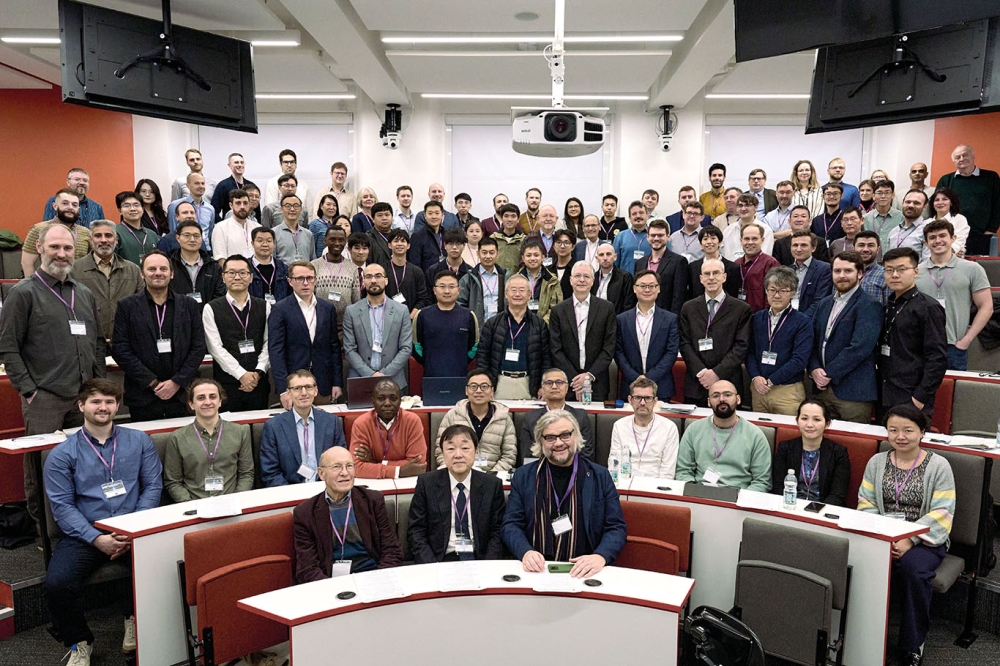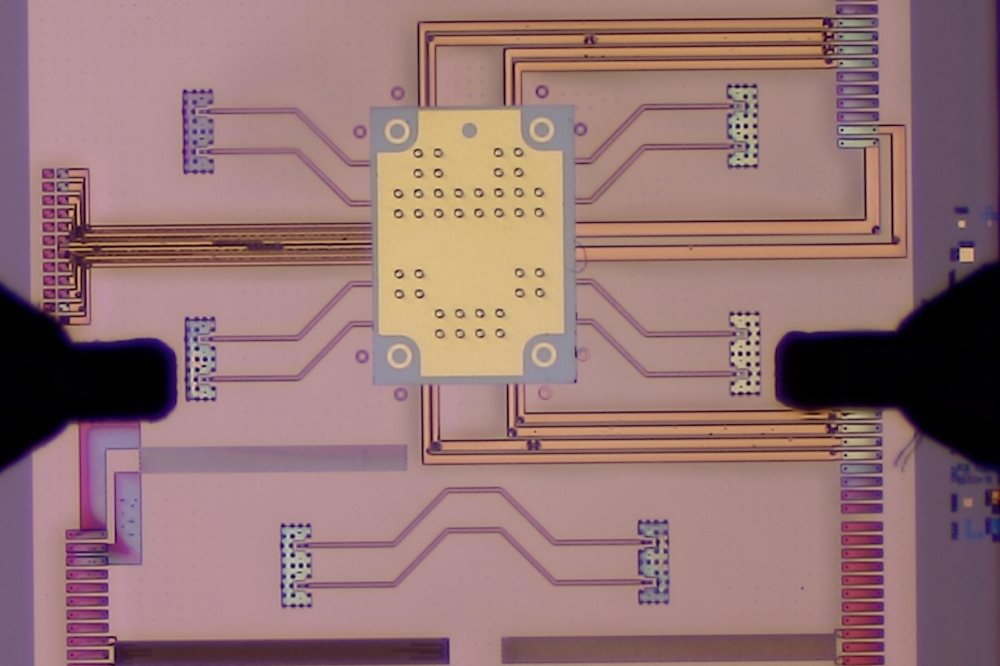New Silicon Carbide Wafer Technology Powers Breakthrough in Megawatt Semiconductors
INDIANAPOLIS. Amid the swirl of political and economic recriminations over power blackouts, heat waves, drought and deregulation of the electric power industry, a fundamental technological change is emerging in the way electric power is generated and consumed that will merge the new economy with the old. Sullivan & Company, Inc., manufacturer of the world s largest silicon carbide wafers, today announced award of a U. S. Patent for the application of polycrystalline silicon carbide to semiconductors, a technology that has breakthrough potential for energy savings using solid state power switching, conversion, and control.
``Newly developed DATANITE(TM) polycrystalline silicon carbide wafers may open the way for major advances in solid state power supplies and controls that would significantly reduce power consumption in the railroad, steel, chemical, and electric utility industries as well as many others. DATANITE(TM) may enable these industries to save significant amounts of energy by using very large semiconductors to exert greater power control, said Prof. James A. Cooper of Purdue University School of Electrical and Computer Engineering. ``Megawatt and gigawatt transistors require at least two square centimeters or more of contiguous defect free silicon carbide wafer. Polycrystalline silicon carbide wafers do not have micropipe defects, but lesser defects arising from local grain boundaries in the material may limit operating voltage of transistors. Sullivan makes 8 inch diameter wafers having 314 square centimeters of useable surface area without a single micropipe, opening the possibility of moderate-voltage, very high-current devices having power ratings considerably above those available with monocrystalline silicon carbide wafers.
Inefficiencies in switching and power conversion can cost 5% power loss, a significant portion of the 15% power reserved for peak demand periods. Electric power is switched and converted using slow, inflexible, and inefficient mechanical switches, transformers, and silicon rectifier diodes. Megawatt and gigawatt macrochip transistors can reduce peak electric generating requirements. Though widely regarded as the most likely candidates for high power devices, efforts to make monocrystalline silicon carbide power transistors have been frustrated by fatal defects in wafers.
Monocrystalline silicon carbide wafers have demonstrated high voltages and current densities eight times greater than silicon, but have small holes, called micropipes. Like holes in a high-pressure hose, micropipes numbering up to 50 per square centimeter, allow current to rush through in an avalanche breakdown of the transistor. Devices must fit between micropipes to avoid leaks. Transistors made in monocrystalline silicon carbide remain small. DATANITE(TM) has no micropipes, so devices can be as large as the wafer. U. S. Patent No. 6,077,619 was issued to Mr. Thomas M. Sullivan on June 20, 2000 claiming application of defect free polycrystalline silicon carbide to transistors and is exclusively licensed to Sullivan & Company, Inc. Wafers are sold under the name DATANITE(TM).
DATANITE(TM) is a trademark of Sullivan & Company, Inc.
SOURCE: Sullivan & Company, Inc.































